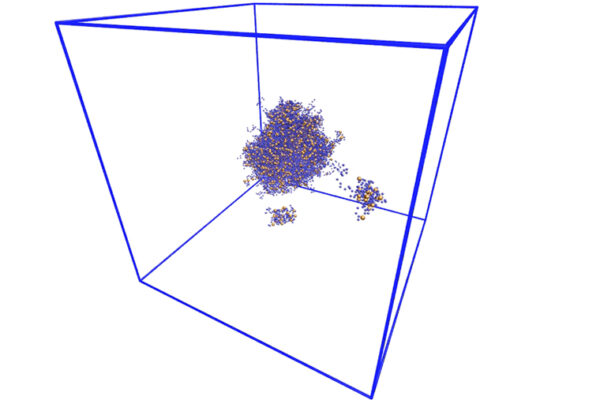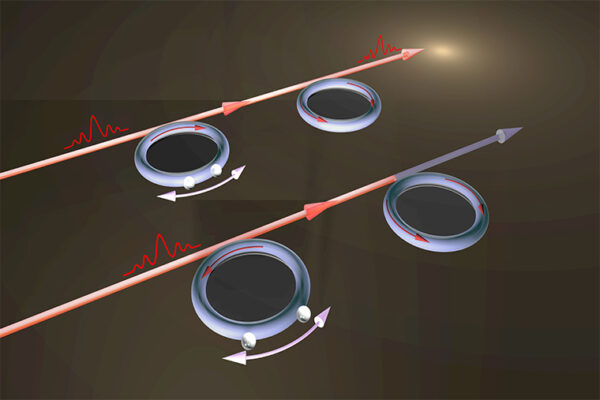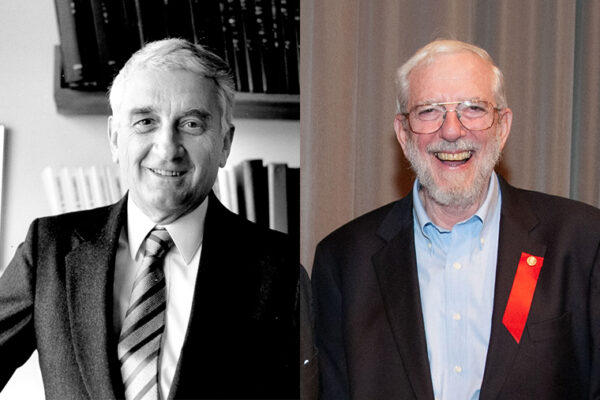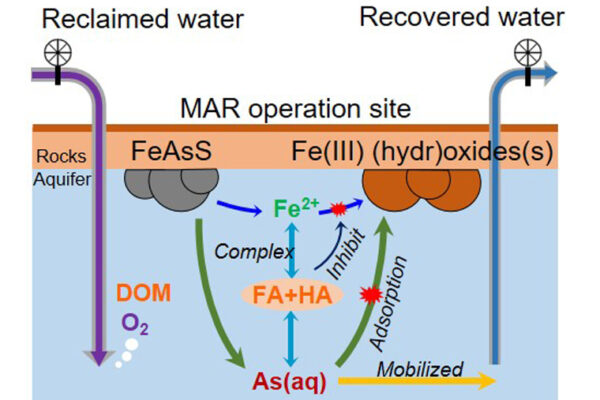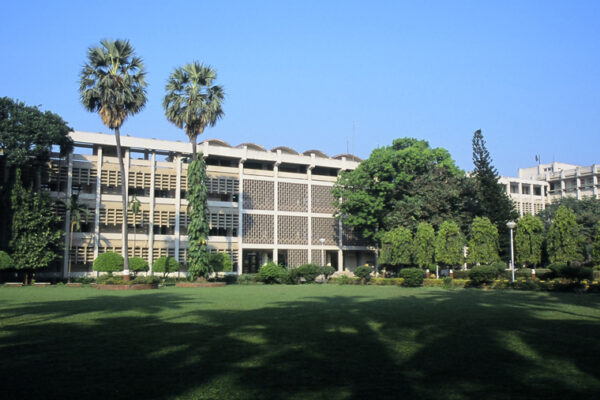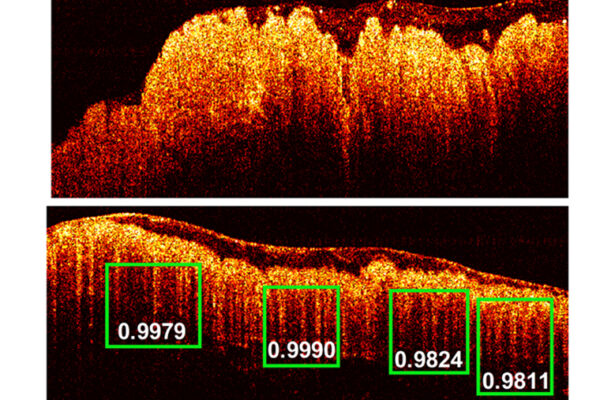Collaboration lets researchers ‘read’ proteins for new properties
A collaboration between the McKelvey School of Engineering and St. Jude Children’s Research Hospital uncovers the underlying rules that, when broken, contribute to neurodegenerative diseases such as ALS.
WashU Expert: ‘Every application has its vulnerabilities’
Joe Scherrer, director of the Cybersecurity Strategic Initiative at Washington University and a former cybersecurity innovator with the U.S. Air Force, says the cyberattack on Jeff Bezos is nothing unusual, and these kinds of attacks are becoming more common. But there are things you can do to stay safe.
Keeping lead out of drinking water when switching disinfectants
Researchers at the McKelvey School of Engineering at Washington University in St. Louis found that the hazards of switching disinfectants in water systems — increased lead levels — can be mitigated if the change is done correctly.
Tuning optical resonators gives researchers control over transparency
Using a nanoparticle as a “tuning device,” researchers at the McKelvey School of Engineering have devised a way to control electromagnetically induced transparency — a feature of light which allows it to pass through opaque media.
Celebrating the newest National Academy of Inventors fellows
Washington University’s Jerome Cox and Jack H. Ladenson join a small but distinguished group of fellows of the National Academy of Inventors, the highest professional distinction accorded solely to academic inventors.
Toward a smarter way of recharging the aquifer
Researchers from Washington University in St. Louis have solved a mystery: How did arsenic show up in aquifer water that had been triple purified? Dissolved organic compounds.
Plants model more efficient thermal cooling method
Patricia Weisensee, a mechanical engineer in the McKelvey School of Engineering at Washington University in St. Louis,
combined properties similar to those seen in a lotus leaf with those found on rose petals to find a more efficient way for droplets to evaporate from a surface.
Agonafer receives CAREER award for evaporation research
Damena Agonafer, assistant professor at the McKelvey School of Engineering, received a five-year $500,000 CAREER award from the National Science Foundation for research into different modes of heat transfer during evaporation.
McKelvey Engineering, IIT Bombay partner to study air pollution
A new, joint master’s degree program and shared aerosol science research facility is the latest collaboration in a long history of partnerships between the McKelvey School of Engineering and the Indian Institute of Technology, Bombay.
Machine learning, imaging technique may boost colon cancer diagnosis
Researchers at the McKelvey School of Engineering have devised a new imaging technique based on a technology that has been used for two decades in ophthalmology that can provide accurate, real-time, computer-aided diagnosis of colorectal cancer.
Older Stories
